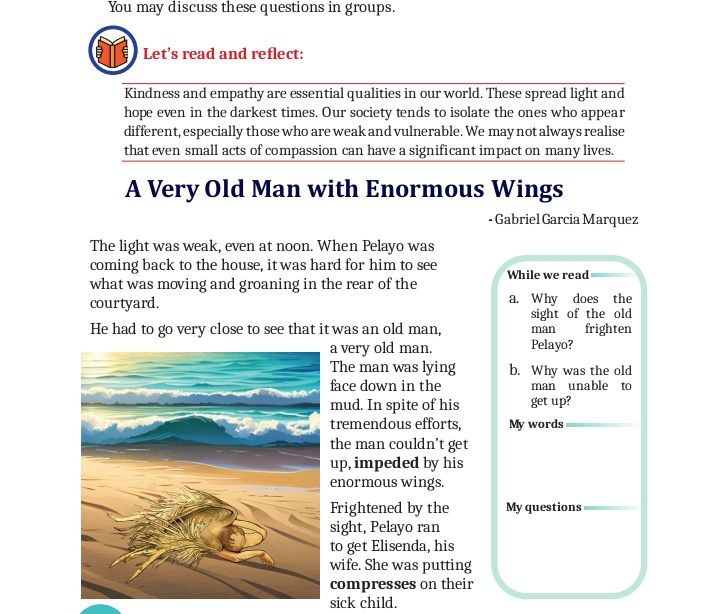Excerpts From Memoirs
EXCERPTS FROM MEMOIRS
- Neftali Ricardo Reyes Basoalto
About the Author
Neftali Ricardo Reyes Basoalto ( Pablo Neruda) the internationally acclaimed Latin
American poet, was born in 1904 in Parral, Chile. In 1920 he went to Santiago to study and published his first book of poems, La Cancion de la fiesta (1921); and his second collection, Crepusculario (1923), brought him instant recognition. In 1924 he published the enormously popular Veinte poemas de amory una cancion deseperada (Twenty Love poems and Songs of Despair). From 1927 to 1945 he served as Chilean counsel in Rangoon, Java, and Barcelona, and was writing continuously. Greatly influenced by events in the Spanish Civil War, Neruda joined the Communist Party after the Second World War, and his changed attitudes registered
themselves in his poetry. From now on he regarded poetry not as an elite pursuit but as a "
statement of human solidarity addressed to 'simple people'. Canto general (one part of which is The Heights of Macchu Picchu, translated by Nathaniel Tarn) is a poem of epic proportions, tracing the history of Latin America and evoking the grandeur of its landscapes. Always a prolific poet, Neruda continued to write poetry throughout the fifties and sixties, and in 1971 he was awarded the Nobel Prize for Poetry. From 1970 to 1973 he served under Allende as Chilean ambassador to Paris. Pablo It is reported that Neruda died in 1973 due to cancer but it was interpreted by many as murder.
Memoirs
As the name suggests, Memoirs are about his entire life, literary influences on him. A major portion of his Memoirs details his political birth and subsequent political career, which simultaneously influenced his poetry. In fact, Neruda began to use poetry as a medium to express his political beliefs, as well as detail the momentous political occurrences happening all around him.
In his memoirs, Neruda talks about several themes, such as his politics,
patriotism/nationalism, communism, socialism, local politics, regional politics, world politics, the literary circles Neruda had moved in, all the writers, poets, editors he met throughout his life. These are the major themes of the book and by extension, his life.
About the Text
The excerpt from the ‘Memoirs’ of Pablo Neruda, ‘The word' proves the multitude potential of words and his intimate affiliation with words, that portray his personal and political life. Words can manifest vivid expression, whether in poetry or prose, words sing and descend
and the poet even bows to them. He expresses his intense love towards words. He always clings to words and try to tame it while writing. Sometimes he runs after words and all his acts of life are closely associated with words.
Sometimes words come like unexpected rain and he waits for them greedily, to drop down. He loves vowels and compares it with vivid objects in nature like coloured stones, silverfish, foam, thread, metal, and dew. While writing poems, he often runs after beautiful words to make them fit into his poems. He compares his encounter with words to the everyday activities in a human life. He deals with words like dealing something edible, for he says he cleans them, peels them and make them his meal.
He finds words from everything that exists in this world. The words gather its meaning through long journeys from country to country and that carry the inheritance of ancient culture and history. Neruda is so proud of the language that inherited according to him from the brave
Spanish conquerors of Mexico and Peru. In this small extract, he brings the memory of his great ancestors who struggled to build up a civilized culture. Amidst of these struggles they paid special attention to literature and arts. Luminous words were left here. They carried off the gold and left gold, (glittering words), for the future generations. He believes that the words are the gift from the great ancestors.



Comments
Post a Comment
Please share your feedback and questions